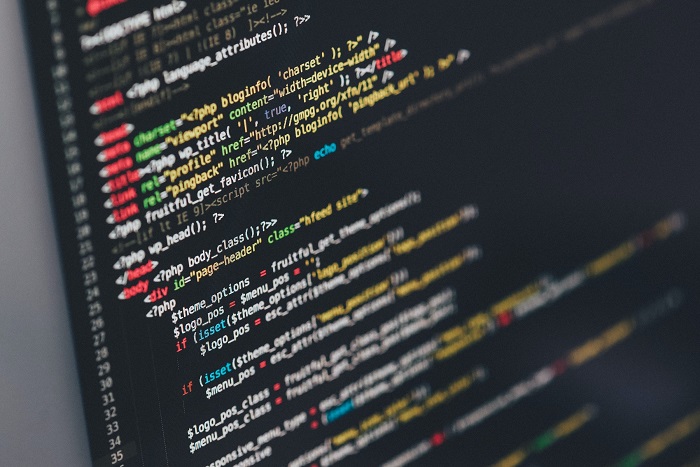The course “Computer Science” is a very diverse one, unlike many other streams, where you deal with only a few subjects. The exponential technological advancement that commenced in the late 20th century has now led humanity to stand in such a phase where every work of day-to-day life requires some form of code to run on a computer.
Starting from the microwave, which you use to warm up your food, to the AC that you set to turn off automatically, there is a computer engineer who wrote, debugged, and loaded the program to that device.

What’s the point of writing all these?
Because some people think that obtaining a CSE is just about learning a few languages and navigating your fingers on your keyboard. FALSE!
Only writing, debugging, and maintaining a piece of code will not make you a CS engineer. Logical thinking, analytical approach, creativity, and optimization, documenting ability, combined with soft skills like active listening, compromising, teambuilding, and leadership qualities. Of course, mathematics will join hands to hold your head up as a software developer. So, if you want a short answer, the take is a “Yes.”
We all have our likes and dislikes. While some are great at mathematics, others often have a tough time figuring out where to start. If you belong to the first group, congratulations, mathematics in CSE will be a cakewalk for you. But for the people in the latter group: to enroll in CSE, you don’t need to be a topper in school mathematics.
As emphasized in the beginning, technology has and continues to spread its web across various domains of our lives, and hence, more and more subjects are getting incorporated into it. The same is the case for mathematics in CSE.
Which types of mathematics are essential for enrolling in a CS degree?
Mathematics is a vast domain, and as a computer engineer, you don’t need to know all the topics. However, for specific fields in computer engineering, knowledge of one or more concepts is a prerequisite.
What are those topics?
Here is the list:
- Base Conversion
It is the most basic mathematics that is a must to be a CS engineer. Base conversion is all about converting decimal to binary, octet, hexadecimal, or back to any of these. It is an easy concept that takes only an hour maximum to master and finds application in computer and network designs and low-level programming to name the most significant ones.

- Calculus
The much-dreaded topic in mathematics also makes its way in computer science and finds application in computer graphics, scientific computing, and security. However, the level of understanding of calculus that you need varies, starting from the basic rules for the lion’s share of the problems in some specific domains to advanced knowledge in very few areas.

- Statistics
Data is a resource worth million, and to extract information from data, statistics come to play a massive role. Concepts like mean, median, mode, variance, and skewness jump into action in domains such as weather report, data mining, audio and image recognition, and analysis, to name a few. Especially if you are minoring in Data Science, the intricates of statistics should be at your fingertips.
- Discrete Mathematics and Algebra
From domains such as machine learning to cybersecurity, discrete mathematics and algebra are widely used for logic building, graph theory, probability, and guessing outcomes of experiments. Domains such as algorithms, database management, machine learning, and cybersecurity use these concepts very often.
- General Geometry
Are you interested in exploring game development? Start practicing geometry as vector math, trigonometry, matrices, scalar, and vector products are essential. Apart from that, 2D and 3D space should be under your expertise. A deeper understanding of number theory and probability is also beneficial.


















